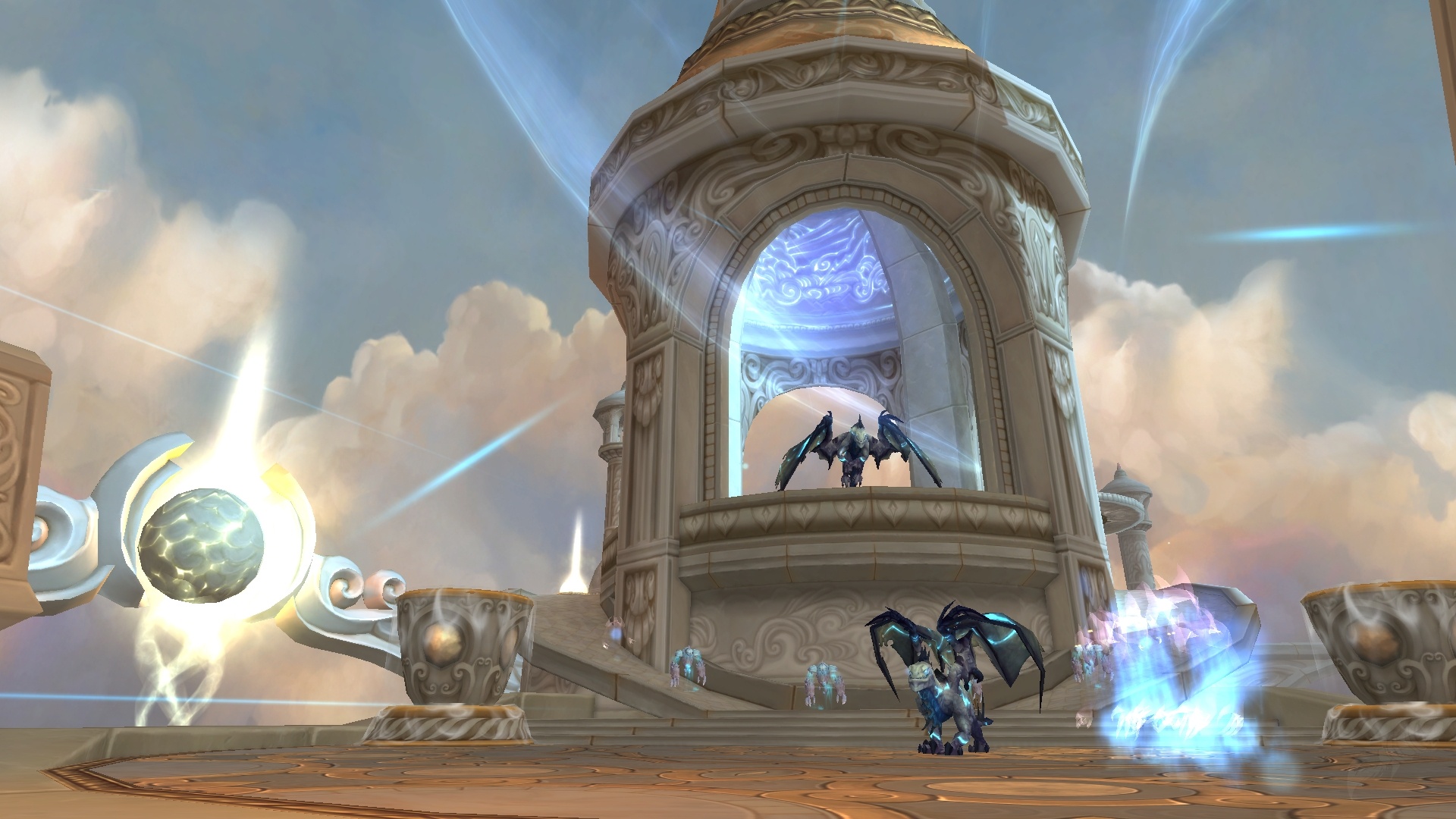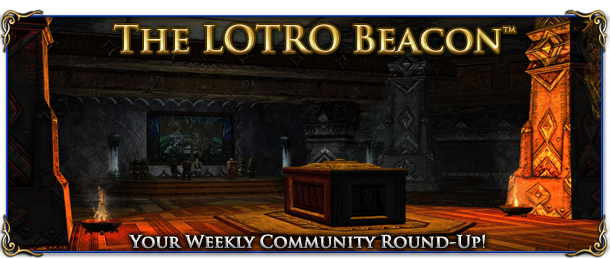

The same problems apply, though: you'll still avoid playing Aragorn because you're forced to use melee attacks and can't heal yourself. These are tougher than your average generic characters and have slight variations on the usual class skills. Nazgul before he can complete his quest), you can take control of Saruman, Sauron and even the Balrog. Later, in the Rise of Sauron campaign (an alternative version of the story where Frodo is killed by a This is even more ridiculous when you find yourself in control of one of the hero characters.įrom time to time you'll get the chance to play as one of the heroes from LOTR, such as Gandalf, Aragorn and Gimli. You can't recover health easily in any of the other classes, so you'll end up running about like a tit in a trance hoping for an Al mage to heal you. Most importantly, the mage can heal himself, an ability that's vital later on.

The Al doesn't seem to be able to use the mage properly, though, usually just spamming the energy shield ability rather than using his powerful attacks. As the mage, you're the equivalent of a damage class mixed with a buff character, providing healing and protection from ranged attacks to anyone who sticks close to you. The mage, though, is easily the most tactically diverse of all four classes, having chain lightning, area-of-effect and defensive abilities which can be used in various situations. You also have a rather nifty kick that gets you out of trouble if enemies come too close. The Magic TouchĪs the archer, you can zoom in and pick off foes relatively quickly, causing more damage when zoomed than if you aren't Presumably this is to simulate the increased accuracy of your shot when taking 'proper1 aim, although it is just as easy to hit your target when not zoomed in (you can fire quicker, too). The nature of their ranged attacks mean you can stay away from the haphazard melee combat, suddenly making the game less of a furious button-clicking exercise and more of a considered combat game (to a small extent, anyway). This means you'll end up spending virtually all your time as an archer or mage.

By the time you've backstabbed the stronger enemies in one area, another batch have spawned. But relying on this is unrealistic when battles get more hectic, as there are simply too many enemies respawning at too fast a rate. Meanwhile, the scout is too weak to get involved with melee combat, and his only really useful ability is cloaking. Unfortunately, your momentum takes you past him and you often end up slashing at thin air or trying to turn midcombo, which produces similar results.

What usually happens is that you hit the enemy twice and then he gets bashed to the floor. This is for two reasons first, lack of a lock-on ability makes chaining move combos together very difficult to achieve with regularity. I may just be rubbish with the warrior and scout, but you'll most likely be playing the majority of the game with the mage and the archer. The warrior is all about getting stuck into close combat, with powerful sword/ axe attacks and swift group manoeuvres the scout can cloak himself and perform an instant-kill backstab or throw a satchel charge into a group of foes the archer can make use of fire and poison gas cloud arrows (the former useful for destroying objectives in later missions) and the mage can create a large area-of-effect shield to protect himself and his allies from missile fire, heal people and fire lightning bolts from his hands.Įach character has a reasonable number of skills, but the problem is thatĪt least two of them are effectively useless. You'll be doing this in one of four guises: as a warrior, archer, scout and, worryingly for Tolkien fans, mage (see Blasphemy! overleaf). Playing those titles, you'll spend 99.9% of your time in Conquest hacking your way through unlimited armies of respawning enemies (you'll know they're respawning because you see them materialising right in front of you). Essentially then, for those of you who haven't had the dubious pleasure of


 0 kommentar(er)
0 kommentar(er)
